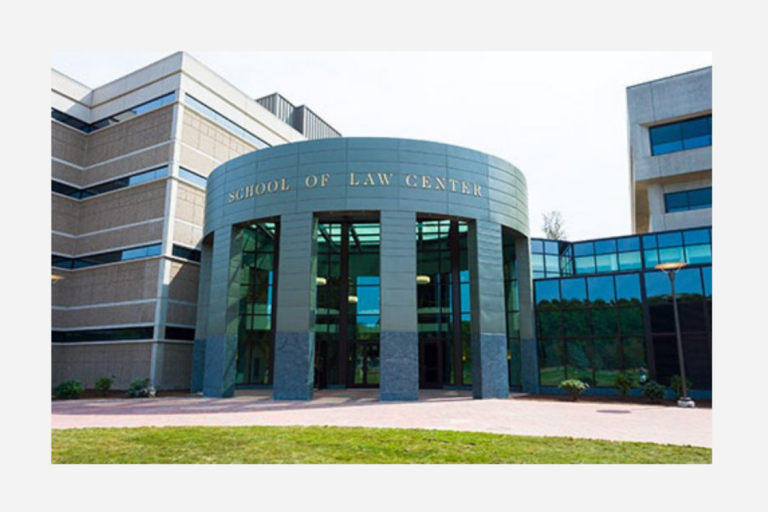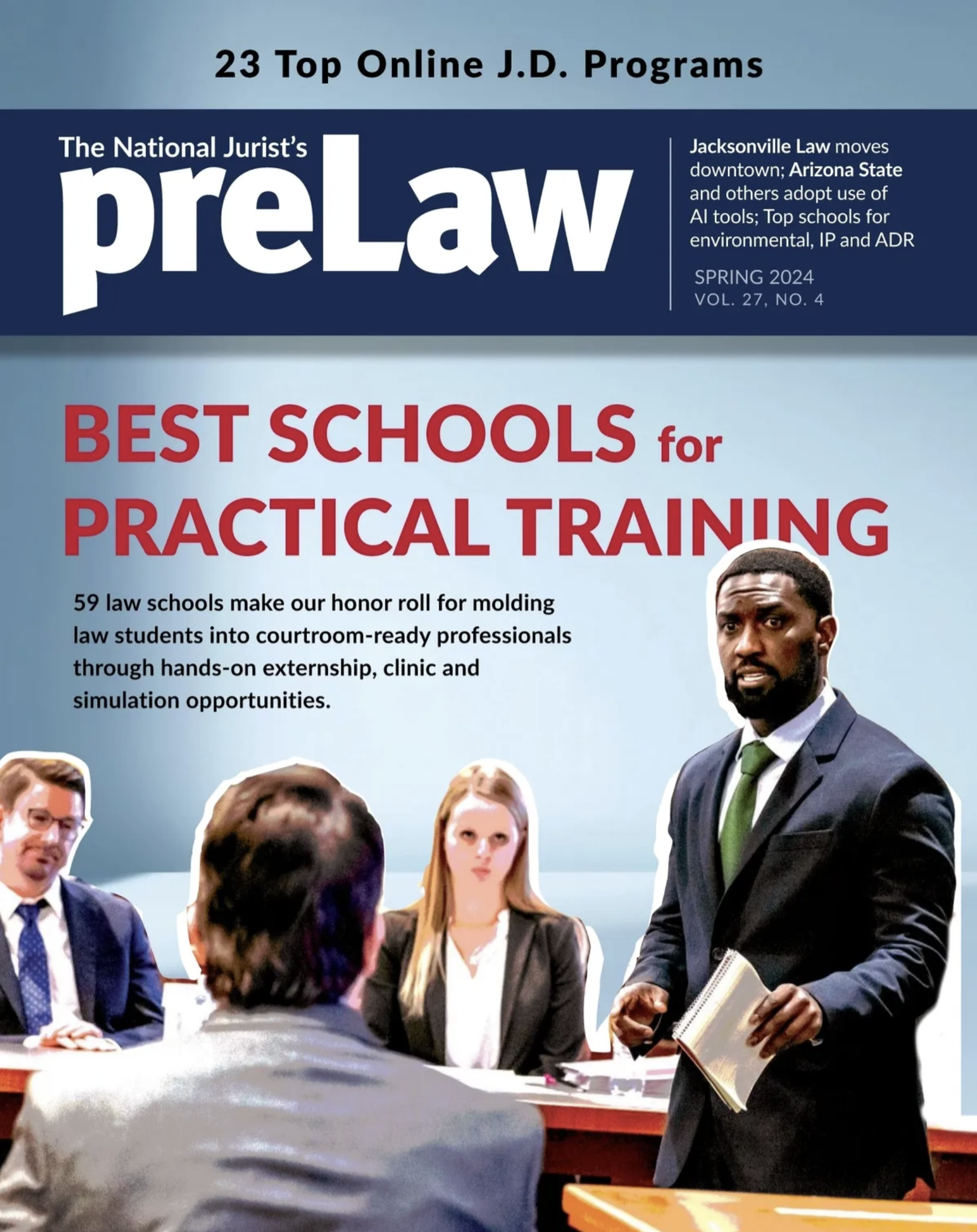Students participating in the Larry Hoffman|Greenberg Traurig Startup Practicum work with clients to form business entities, draft contracts and negotiate transactions.
Starting this January, students can go one step further to help their clients protect valuable intellectual property. The United States Patent and Trademark Office recently granted the Startup Practicum formal certification so that its students can appear directly before the USPTO on behalf of their clients in trademark and patent applications.
The USPTO Law School Clinic Certification program allows law students enrolled in a participating law school’s clinic program to practice intellectual property law before the USPTO with the guidance of a clinic supervisor.
Students draft and file either patent applications or trademark applications for clinical clients. Students also answer Office Actions and communicate with either patent examiners or trademark examining attorneys for the applications they file.
Miami Law is one of only twenty-six law schools in the nation, and the only one in the state of Florida, to receive this certification for both trademarks and patents from the USPTO.
To see which other schools are certified, check out the USPTO’s Law School Clinic Certification Program webpage.
Launched in 2016, Miami Law’s Startup Practicum connects students with startup clients to help with organizing, financing, talent, intellectual property, risk, regulation, and other legal issues that arise for entrepreneurs as they launch their new ventures. In its first full year of operation, students in Miami Law’s Startup Practicum performed over 2,650 hours of work representing 42 different clients on a total of 76 matters.
Last spring, for example, the Startup Practicum worked with a Miami-based startup Unyted.co, which developed a unique team learning and development technology platform. As a bootstrapped, seed stage company, it had few resources to protect its intellectual property. The company turned to the Startup Practicum for help, and Miami Law students filed a patent application with the USPTO.
“The Practicum’s services are doing more than just helping our company’s critical needs,” said Unyted.co founder Luis F. Martinez. “They’re helping build South Florida’s startup community by giving us underdogs a chance to provide novel products to underserved markets, as we challenge larger companies and their wealth of resources.”

Jaime Vining, Amy Foust, Dan Barsky & Dan Ravicher
In addition, students in Miami Law’s Startup Practicum have assisted clients in closing $3 million in investments. One Miami Law Startup Practicum student even travelled to Colorado with a client to negotiate and draft an agreement. Several Miami Law Startup Practicum students continue to work with clients they were assigned through the Startup Practicum, and at least one Miami Law Startup Practicum student has been offered a full time position with a client.
Professor Dan Ravicher, who has represented startup companies and investors since for over two decades, leads the Startup Practicum. He is also a registered patent attorney, who has prosecuted, licensed and litigated patents and other intellectual property like software copyrights. Ravicher is an entrepreneur himself, founding businesses in various industries.
“Startups with patents get more funding at higher valuations than those that do not,” said Startup Practicum Director Ravicher following the USPTO certification. “This is why helping get intellectual property protection is one of the most important things our students do for our clients.”
Ravicher will co-supervise Miami Law students appearing before the USPTO along with local intellectual property attorneys, and Miami Law adjunct professors, Jaime Vining, Amy Foust and Dan Barsky.
The certification will benefit Miami Law students, who will get hands-on practical training, as well as their clients. For example, the Startup Practicum can ask that two patent applications per year be given priority review by the USPTO, meaning they will be acted on months, if not years, earlier than they would otherwise.
“By being certified by the USPTO, Miami Law students in the Startup Practicum will now be able to gain direct experience drafting and filing patent and trademark applications, answering formal office actions made by the USPTO, and communicating with patent examiners and trademark examining attorneys,” said Ravicher. “This is an unparalleled opportunity that will provide our students at Miami Law practical legal experience they can’t otherwise get while also helping our clients seek and secure the intellectual property rights that are critical to their businesses and organizations.”
Aside from filing patents, students participating in the Practicum assist clients with selecting and forming a business entity; evaluating, negotiating and documenting financing transactions; drafting independent contractor, employee, joint venture and other agreements; and drafting Terms of Service and Privacy Policies for clients who have websites and apps.
Related articles:
Legal Analytics Lab explores the intersection of business, big data and law
This new index tracks law school innovation
20 Most Innovative Law Schools
Tyler Roberts is an editor for The National Jurist. You can follow him on Twitter at @wtylrroberts.






